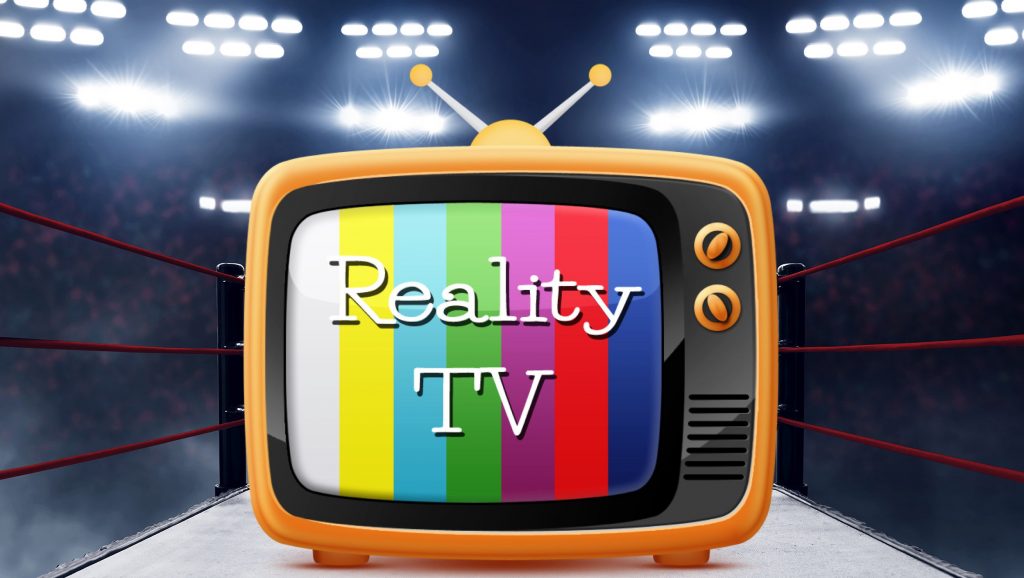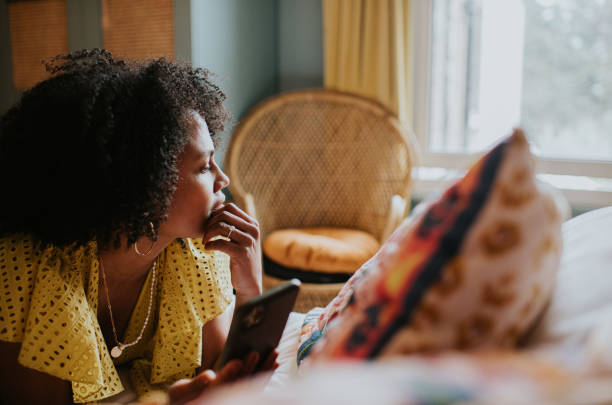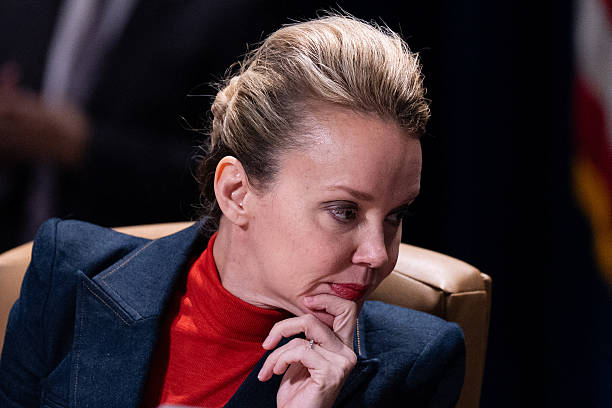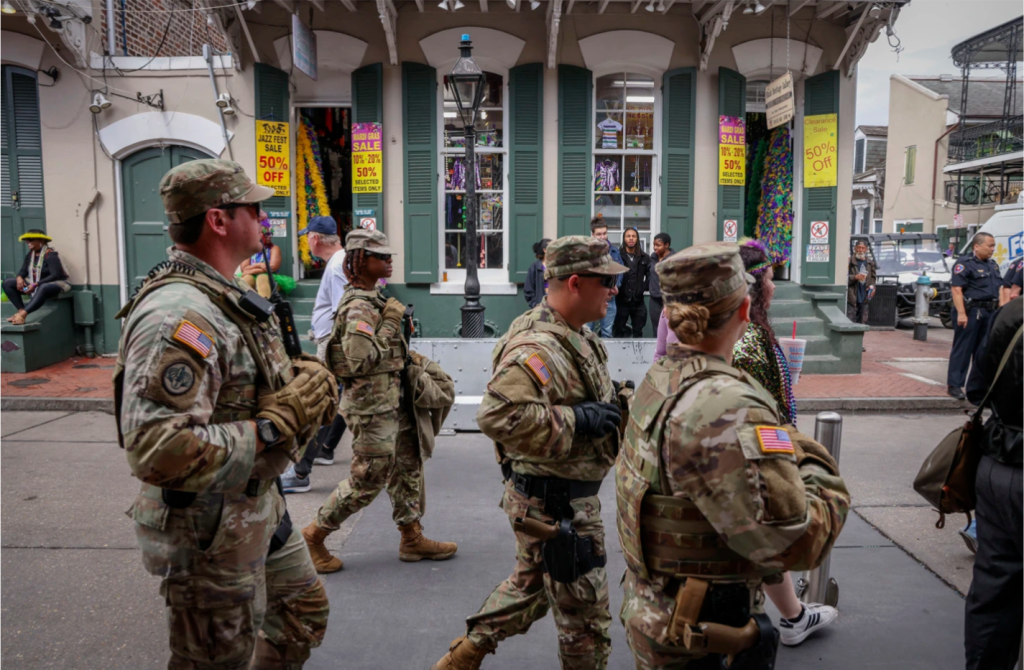(ThySistas.com) Reality TV is a popular genre of entertainment that features unscripted situations, real-life personalities, and often dramatic conflicts. Some of the most successful reality TV shows in the U.S. include The Bachelor, Survivor, Keeping Up with the Kardashians, and The Real Housewives franchise. Among these shows, there is a noticeable presence of Black women, especially in their 20s, who participate as contestants, stars, or supporting characters. What motivates these young Black women to join reality TV, and what are the benefits and challenges they face?

One possible reason why Black women in their 20s are attracted to reality TV is the opportunity to showcase their talents, skills, and personalities to a large audience. Many of these women have aspirations to pursue careers in entertainment, business, or other fields, and reality TV can serve as a platform to gain exposure, recognition, and connections. For example, Cardi B, who is now a Grammy-winning rapper, started her career as a cast member of Love & Hip Hop: New York, a reality show that follows the lives of hip hop artists and their associates. Cardi B used her charisma, humor, and musical talent to attract fans and build her brand, eventually landing a record deal and becoming a global star.
Another possible reason why Black women in their 20s are attracted to reality TV is the chance to challenge stereotypes and represent their communities. Black women have historically been marginalized and oppressed in American society, and have often faced racism, sexism, and discrimination in various aspects of life. By appearing on reality TV, some Black women may seek to counter these negative images and show the diversity, complexity, and beauty of their identities and experiences. For example, Rachel Lindsay, who was the first Black lead of The Bachelorette, a reality dating show, said that she wanted to be a role model for other Black women and break the barriers of interracial love.
Another possible reason why Black women in their 20s are attracted to reality TV is the availability of new and diverse platforms and formats that cater to their interests and preferences. Some of these platforms include Zeus Network and Now That’s TV, which are online streaming services that feature original and exclusive content created by and for Black audiences. Some of the shows on these networks are:
- Zeus Network: This network, founded by TV producer Lemuel Plummer, partners with popular social media influencers and celebrities to produce unscripted and scripted series and videos. Some of the shows on Zeus Network include Baddies, a reality show that reunites former cast members of Bad Girls Club and social media influencers; Joseline’s Cabaret, a reality show that follows the lives of exotic dancers; and The Conversation, a series that features candid interviews and confrontations between famous personalities.
- Now That’s TV: This network, founded by TV producer Carlos King, focuses on producing quality and authentic content that showcases the stories and perspectives of Black people. Some of the shows on Now That’s TV include Big Lex Baddies Collection, South Central Baddies, and Young and Reckless.
By joining these networks and shows, Black women in their 20s may find more creative freedom, representation, and empowerment, as well as more financial and artistic opportunities, than they would on mainstream or traditional media outlets. Unfortunately the “fight culture” has spread at a rapid rate on reality television shows to where auditions are held to just fight!
However, being on reality TV also comes with some drawbacks and risks for Black women in their 20s. One of them is the potential for exploitation and manipulation by the producers, editors, and networks who have the power to shape the narratives, conflicts, and outcomes of the shows. Some reality TV shows may intentionally or unintentionally reinforce the stereotypes and prejudices that Black women face, such as portraying them as aggressive, loud, or jealous. For example, Omarosa Manigault, who appeared on The Apprentice, a reality show where contestants compete for a job with Donald Trump, was often edited to appear as a villainous and scheming character, which she later claimed was a result of racial bias.
Another drawback and risk of being on reality TV for Black women in their 20s is the exposure to public scrutiny, criticism, and harassment. Reality TV stars often have to deal with the opinions, comments, and reactions of millions of viewers, fans, and haters, who may judge, praise, or attack them based on their appearance, behavior, or choices. Some of these responses may be positive and supportive, but some may be negative and harmful, especially if they are motivated by racism, sexism, or jealousy. For example, Tayshia Adams, who was the second Black lead of The Bachelorette, faced backlash and hate messages from some viewers who accused her of being fake, boring, or unworthy of love.
In conclusion, reality TV is a genre of entertainment that attracts many Black women in their 20s, who may have various reasons and goals for joining. Some of these reasons may include the opportunity to showcase their talents, skills, and personalities, and the chance to challenge stereotypes and represent their communities. However, reality TV also poses some challenges and risks for these women, such as the potential for exploitation and manipulation by the media industry, and the exposure to public scrutiny, criticism, and harassment. Therefore, reality TV can be seen as a double-edged sword for Black women in their 20s, who have to balance the benefits and costs of being in the spotlight.
Staff Writer; Mz. Whitsdom
This talented writer is also an accomplished author. One may purchase any of the following books; The Ausome Parent Journal: Your Journey as a Parent of Children with Autism, and Think About the Future!: Goal Setting Exploration Workbook for Students Paperback on Amazon.










Leave a Reply